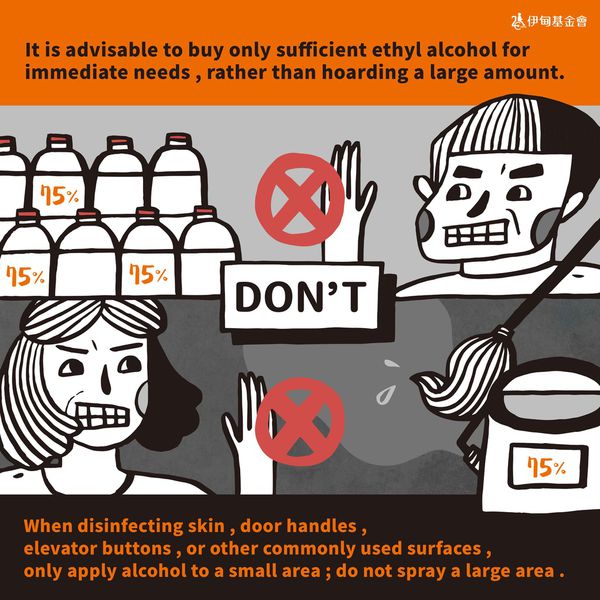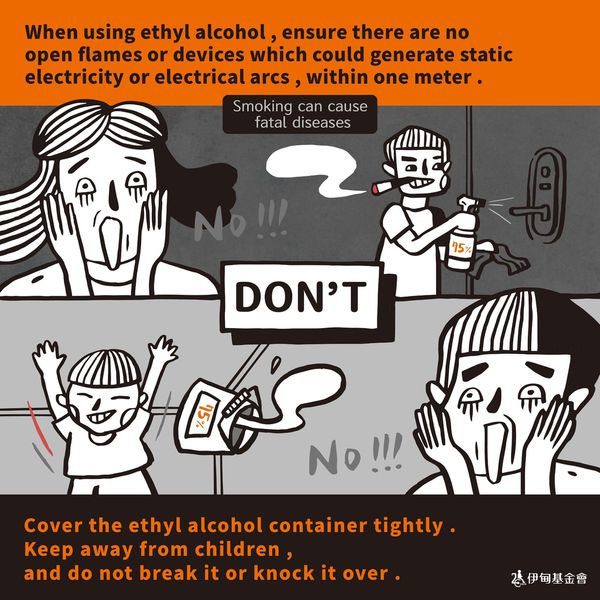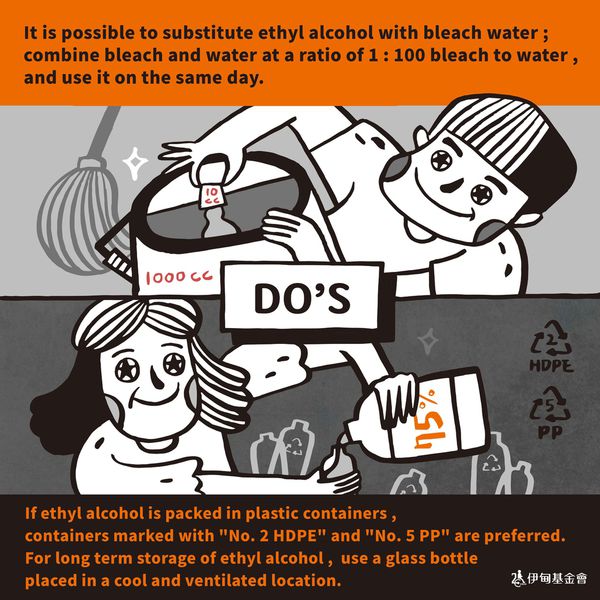
POST-COVID 19 Area
5 Things You Need to Know about the COVID-19
1. What is a Coronavirus?
Coronaviruses belong to a family known as Coronaviridae. They contain a strand of RNA within the envelope and, as a virus, can't reproduce without getting inside living cells and hijacking their machinery.
Typically, these types of viruses are found in animals ranging from livestock and household pets to wildlife such as bats. When they make the jump to humans, they can cause fever, respiratory illness and inflammation in the lungs.
2. How Does the Coronavirus Spread?
Many of the first people to be diagnosed with the new coronavirus were linked in some way to a large animal and seafood market in Wuhan, which suggests animal-to-person transmission. But confirmation that human-to-human transmission has followed was obtained in late January.
It is believed that the new virus is contagious during the incubation period, before symptoms appear, which is believed to be 14 days, and symptoms can appear anytime between two and 14 days after exposure.
3. What are the symptoms?
Fever, elevated body temperature
Dry cough
Fatigue or muscle pain
Breathing difficulties
Coughing up mucus or blood
Headaches
Diarrhea
4. Precautions are Extremely Important!
Given the long incubation period, the infection rate is expected to grow by the public health specialists who are mapping exponential growth in infections worldwide. For now, spreading awareness, keeping people updated as scientists learn more, and screening people who might be at risk are the best tools available.
Since threats like the 2019 novel coronavirus can lead to the circulation of misinformation, it’s important to trust information only from reputable health organizations and government sources.
5. How to Reduce Your Risk of Coronavirus
The WHO recommends a several measures to protect yourself from contracting the disease, based on good hand hygiene and good respiratory hygiene. The novel coronavirus does spread and infect humans slightly differently to the flu, but because it predominantly affects the respiratory tract, the protection measures are quite similar.
You may also be considering buying a face mask to protect yourself from contracting the virus. Disposable masks can protect any large droplets from entering the mouth or nasal passage but a respirator mask is far more effective.
(Summerized from Yalemedicine.org. and CNET)
*Eden's Reacts to Counter COVID-19*
Eden took prompt actions when the COVID-19 outbroke. Setting up temperature examine stations at every serviec center, Eden makes all efforts to protect our service providers and service users. In this hard time, the best things to do is to believe in God and pray. Eden prays for everyone and knows that God will lead us through it.
______________________________________________________________________________________________________
How Long Can Coronavirus Survive?
According to the Who, people could catch COVID-19 by touching contaminated surfaces or objects and then touching their eyes, nose or mouth.
Live coronavirus particles can survive for a long time on various surfaces. The pictures show some common items we might see in our daily life. Make sure to disinfect the items frequently with cleaning spray or wipe. If the surfaces are dirty, clean them first with soap and water and then disinfect them. Also, don’t forget to wash your hands after touching them.
Apart from the items the picture listed, there are more items to keep in mind:
Countertops
Tables
Doorknobs
Bathroom fixtures
Phones
Keyboards
Remote controls
Toilets
(…list to be continued according to your home and office setting.)
 |
 |
 |
 |
______________________________________________________________________________________________________
How to Use Ethyl Alcohol Safely?
75% ethyl alcohol is used for disinfection. It makes the organism inactive and eventually dies. While the ethyl alcohol seems to be effective in countering the COVID-19 in certain ways, it also causes some potential threats: the ethyl alcohol has a low ignition point thus is highly flammable. It may cause accidental fire if used carelessly.
Make sure to read the following graphics thoroughly and stay alert.
 |
 |
 |
 |